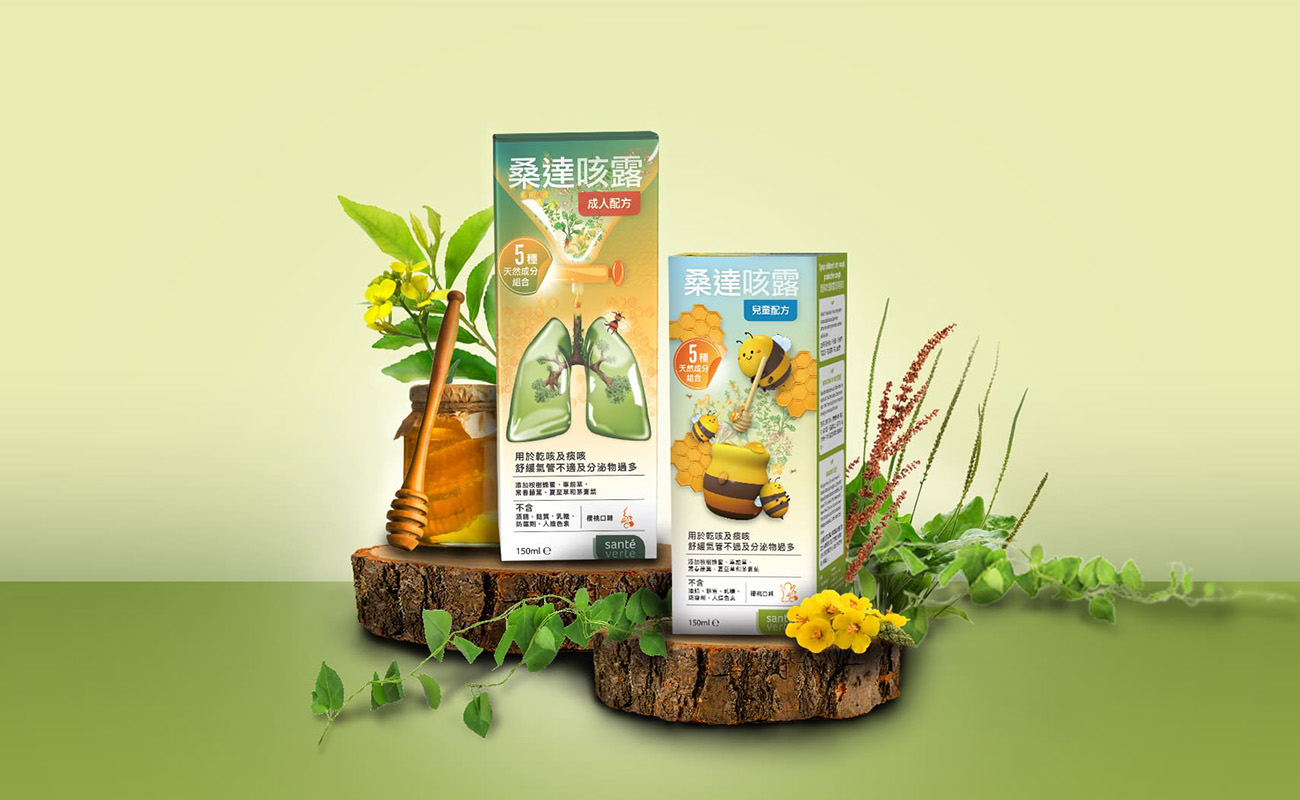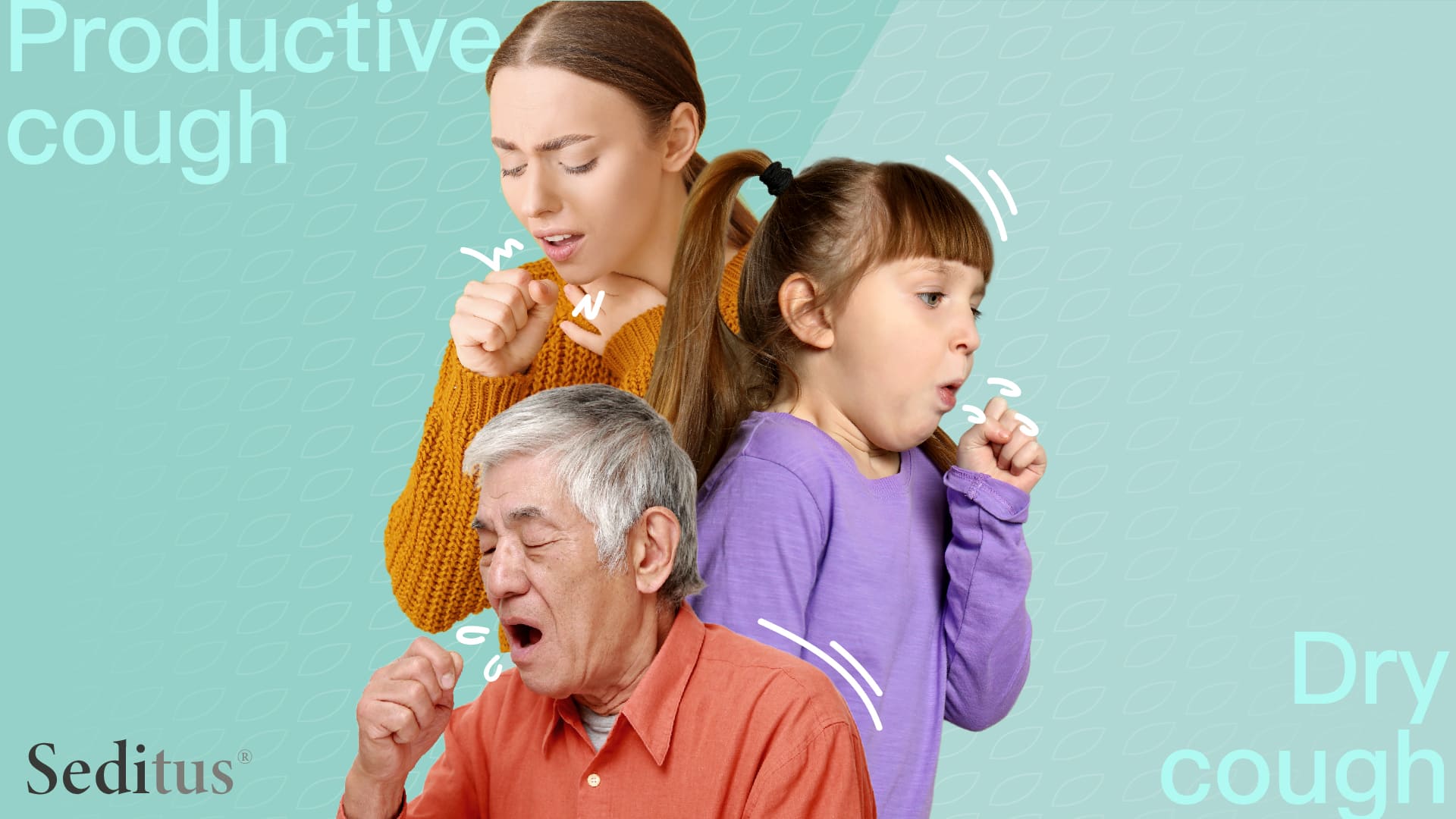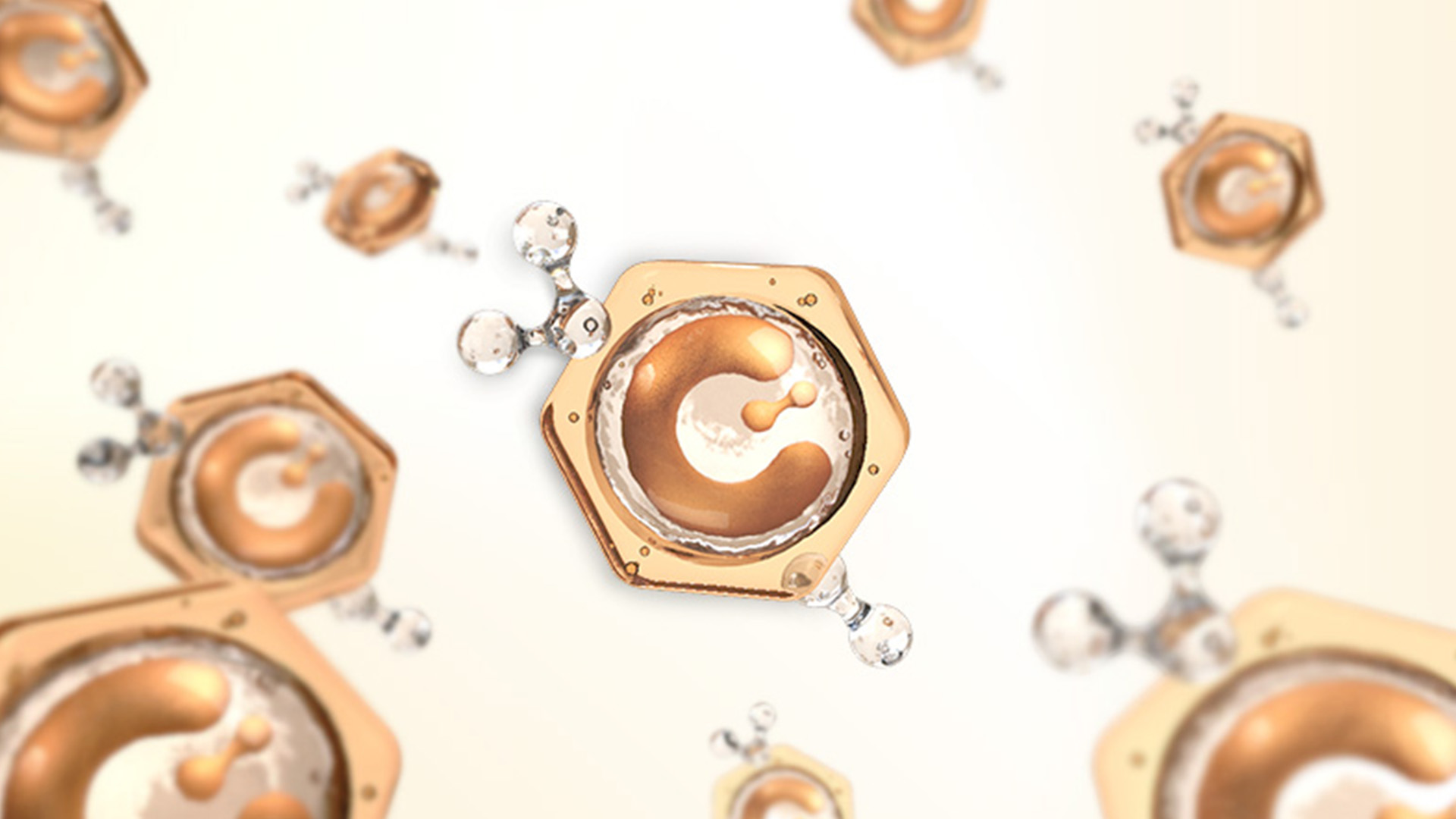Why Do We Cough?
Coughing is a reflex action of the body to protect the lungs. When the cough receptors in the nerve endings are stimulated, it helps to clear irritants from the respiratory tract to prevent internal infections. Each person’s respiratory tract has numerous cilia that constantly work to clear foreign substances.
Therefore, a healthy adult rarely coughs. However, coughing is a vital self-protection mechanism for removing foreign or toxic substances and excess respiratory secretions. Thus, coughing can be occasional, temporary, or harmless. It is not a disease but a common symptom of various upper and lower respiratory tract diseases. Even if a patient does not have lung disease, they may still cough.

Various Causes of Coughing
When there are irritants in your lungs, the body’s natural response is to cough and expel them. Many substances in the air can irritate your lungs, such as:
1.Pathogens
The most common cause of coughing is when the lungs try to expel viruses or bacteria during illness.
2.Allergies and Asthma
The lungs may use coughing to expel discomforting substances.
3.Irritants
Cold air, cigarette smoke, fog, or strong-smelling perfumes.
Chronic Lung Diseases: Asthma or Chronic Bronchitis.
4.Medications
Angiotensin-converting enzyme inhibitors (ACE) can cause coughing, but once the drug is discontinued, it can turn into a dry cough, which can be improved.
Understanding the Types of Cough Medicines
Generally, two types of cough syrups are available in the Hong Kong market. One is “antitussives,” which suppress the part of the central nervous system responsible for controlling coughing, mainly for dry coughs. The other type is “expectorants,” which stimulate the respiratory cilia and mucosa, causing the trachea to release more moisture to dilute the phlegm, making it easier to expel. Therefore, when using cough syrup, one should note that “expectorants” may stimulate the trachea, causing patients with dry coughs to cough more. Conversely, “antitussives” may prevent patients with phlegm coughs from clearing the phlegm, making it accumulate in the trachea, which is more uncomfortable.
Antitussive:
- Dextromethorphan:
Belonging to a class of opioid derivatives, it directly suppresses the central cough center, reducing the frequency and intensity of cough attacks and temporarily relieving coughing. After taking therapeutic doses, it acts on the central cough center to inhibit the reflex that triggers coughing without inhibiting ciliary activity. - Codeine:
It belongs to opioid derivatives that suppress the central cough center (long-term use may lead to addiction). It quickly reduces coughing by lowering the central cough center’s activity, inhibiting bronchial gland secretion, making phlegm dense and difficult to expectorate, hence unsuitable for patients with excessive phlegm. Side effects include respiratory depression and inhibition of intestinal motility, which may cause addiction. - Noscapine:
Belonging to opioid drugs, it reduces the sensitivity of the central cough center to signals, achieving an antitussive effect, thereby relieving dry coughs (without phlegm) caused by common colds and bronchial irritation. Common side effects include drowsiness, constipation, nausea, and vomiting.
Expectorant:
Generally, we commonly hear the term “mucolytic” as a term for “mucolytic agents” and “expectorants.” These two types of pharmacological actions differ, but their ultimate goal is to promote the elimination of phlegm and reduce the occurrence of coughing. Here are the most common ingredients in “expectorant” cough syrups in the market:
- Acetylcysteine:
It belongs to mucolytic agents, which can break the disulfide bonds of mucin in mucus, thereby reducing its viscosity and making it easier to expectorate. - Bromhexine:
It has stimulating effects on mucous secretion and mucous dissolution in the bronchi, reducing mucus viscosity and activating ciliated epithelium to promote mucus excretion. - Ambroxol:
An active metabolite of Bromhexine, it has properties that promote mucus excretion and dissolve secretions, facilitating the removal of viscous secretions in the respiratory tract and reducing mucus retention, making the airways more comfortable.

Seditus® Herbal Cough Syrup is your Best Choice
In summary, numerous types of cough syrups are available on the market, making it difficult for each patient to choose. The introduction of Seditus® Herbal Cough Syrup successfully solves this problem for patients. The “Seditus® Herbal Cough Syrup” formula is developed jointly by two European pharmaceutical factories, aiming to create a unique formula suitable for every family member. The “herbal plants” and “formulation” are rigorously selected and quality-certified by “SanteVerte Pharmaceutical Factory” in France. Then, they are extracted and processed by “Cinfa Pharmaceutical Factory” in Spain using advanced extraction technology. The success of “Seditus® Herbal Cough Syrup” is hard-won, not only with comprehensive functions but also suitable for infants and older people, and has guaranteed quality and effectiveness.

Ingredients in Seditus Herbal Cough Syrup
1.Drosera rotundifolia
Homeopathic pharmacopeias describe Mullein’s general effect on the respiratory system, including large amounts of expectoration and spasmodic, paroxysmal, dry, and irritative coughs similar to whooping cough. The plant is typically used in homeopathic therapy to treat respiratory tract diseases. Clinical studies have analyzed the effectiveness of such treatments in relieving symptoms or improving quality of life, reporting positive results.
2.Marrubium vulgare
Moisturizes and protects the respiratory tract, helping improve symptoms of chronic cough.
3.Plantago lanceolata
Used to treat upper respiratory tract infections, experimental studies have shown anti-inflammatory, antispasmodic, and immune-stimulating effects. The results of Plantago lanceolata in moderately chronic irritative coughs are remarkable, especially in children.
3.Ivy leave
Suitable for acute coughs caused by upper respiratory tract infections (URTI) and bronchitis. The efficacy and tolerability of Ivy leave in treating acute URTI in adults and children have been proven.
5.Eucalyptus honey
Seditus® has shown that comparing single-night doses of three honey products (eucalyptus honey, citrus honey, or labiate honey) with placebo significantly improves coughing and sleep difficulties associated with upper respiratory tract infections (URI). Eucalyptus honey can relieve night coughing and sleep difficulties caused by upper respiratory tract infections (URI). Honey may be the preferred method for treating coughing and sleep difficulties associated with URI in children.



